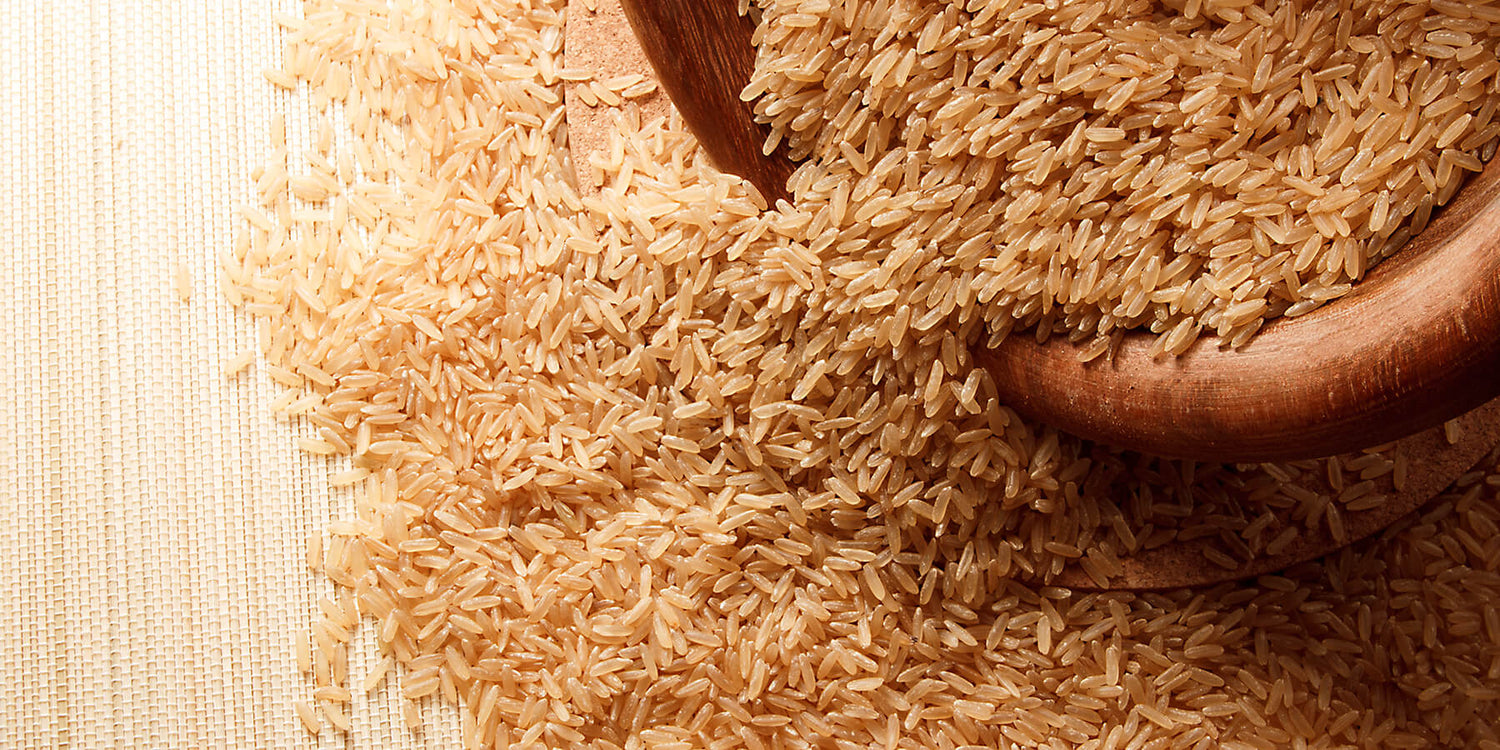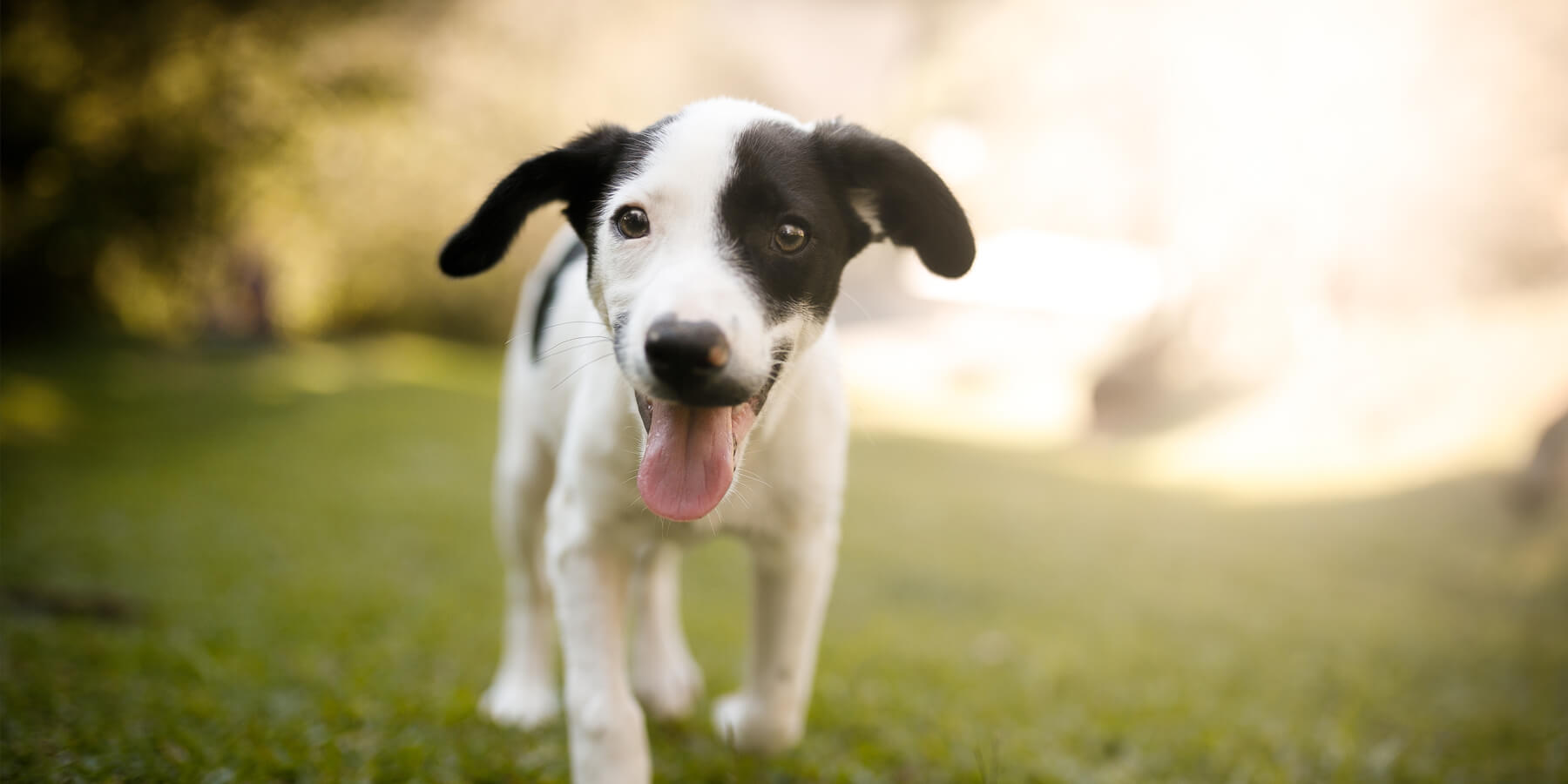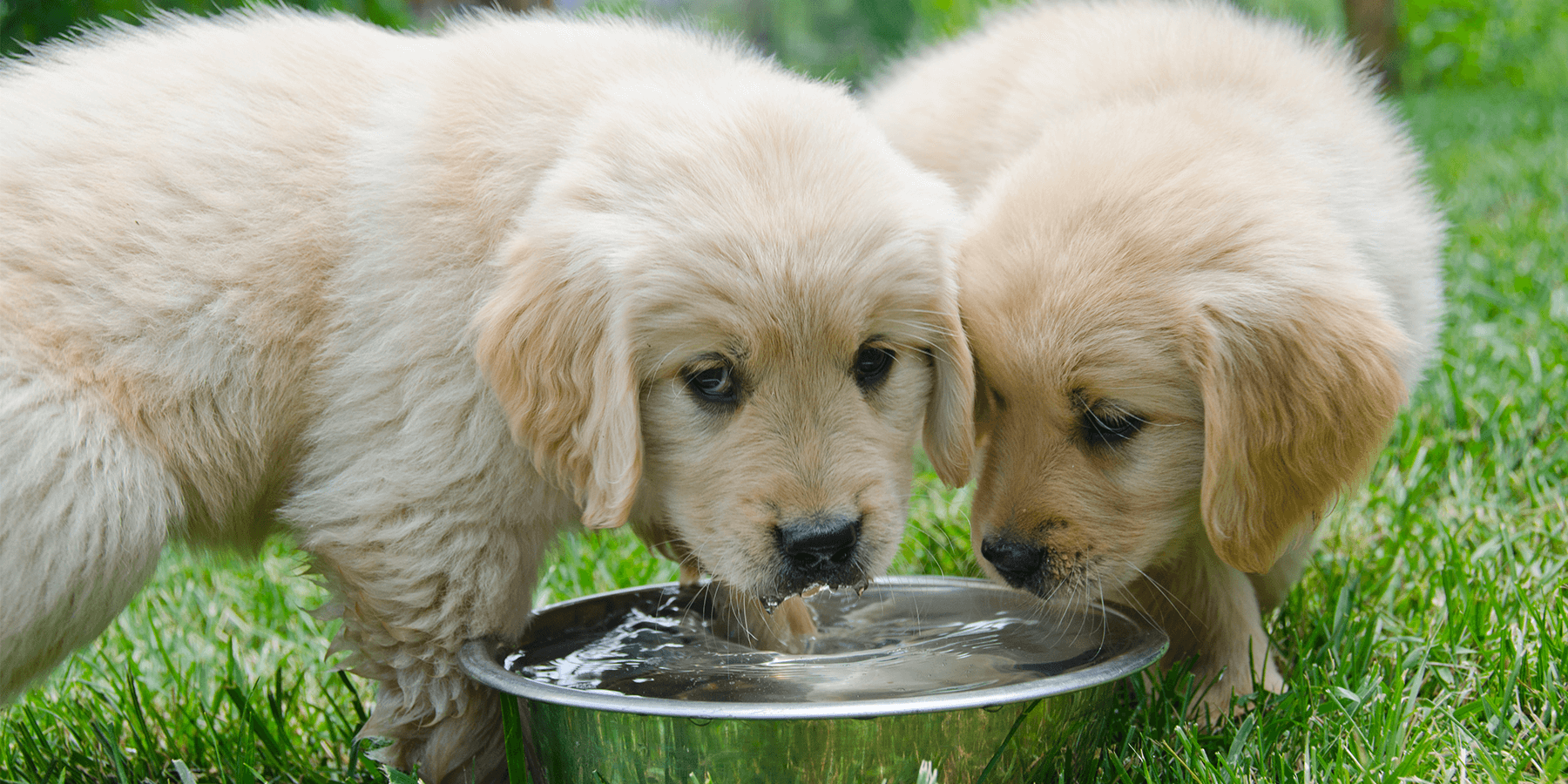While it’s true dogs are descended from wolves, it’s also true that domesticating them has altered their diet since then - as well as their lifestyle and energy requirements.
For roughly the last 11,000 years, dogs have eaten whatever we had to give them, which often included grains. Eventually, they did evolve to be able to digest and derive nutrients from this type of food, and there are even several benefits to including it in their diet.
To understand what makes grains beneficial, we have to first understand what exactly makes up a grain, as well as the types of grains that are healthy and the ones that are not.
WHAT ARE GRAINS?
Grains are hard, dry seeds that are harvested from grasses like oat, corn, rice, or wheat, and are made up of three parts - the endosperm, germ, and bran. Each part contains its own nutritional benefits.
- Endosperm The endosperm is the food supply for a grain’s germ, and so contains a high level of starchy carbohydrates and protein.
- Germ The germ is the embryo of the grain and contains essential fatty acids, E and B vitamins, and minerals.
- Bran The bran is the grain’s hard protective outer shell and is high in fibre, as well as vitamins and minerals.
REFINED VS UNREFINED
There are many types of grains, but the kinds we typically see in both pet and human products can all be put into one of two categories: refined or unrefined. Since one is considered healthy while the other is not, it’s important to know the difference between the two.
Refined grains are ones that have had their bran and germ removed - stripping away most of the nutrition and fibre in the process. Without the bran and germ, the endosperm by itself becomes simply a quickly digested starch and a small bit of protein.
This is why refined grains are generally considered unhealthy ingredients (although in human food, some producers fortify their refined grains with vitamins in order to, in essence, “put back” the lost nutrients). Some common examples of refined grains are:
- Corn
- Wheat
- Degermed cornmeal
- White rice
Unrefined grains are those that have their bran and germ still intact, which is why they’re called “whole” grains. Since the benefit of grains comes from all its parts combined, whole grains are the only ones that can be considered healthy ingredients.
Even so, there are many types of whole grains, including:
- Barley
- Oats
- Millet
- Quinoa
- Buckwheat
- Teff
- Amaranth
BENEFITS OF GRAINS FOR A DOG
Each type of grain has its own unique nutrient profile, but the benefits they all generally have in common are significant and contribute to the nutrient levels dogs need in their daily diet.
The essential fatty acids:
- Linoleic acid (Omega 6) and linolenic acid (Omega 3) - boost immune system, promote healthy skin and coat, and aid in cell growth
The vitamins:
- Vitamin B1, or Thiamine - helps break down carbs into energy and is necessary for glucose metabolism
- Vitamin B2, or Riboflavin - needed for many bodily processes, and is essential for the normal growth and function of cells.
- Vitamin B3, or Niacin - makes and repairs DNA, acts as an antioxidant, and boosts brain function.
- Vitamin B9, or Folate - needed for DNA creation and cell division.
- Vitamin E - supports healthy skin and coat, boosts the immune system, lubricates joints, and more! It’s also an antioxidant.
- Protein - grains are rich in protein, and dogs need a substantial amount of it to thrive. It should be noted that much of their protein should come from meat ingredients, however a variety of protein sources can be beneficial and exact ratios needed by each individual dog will vary.
The minerals:
- Iron - aids in many bodily functions, including gastrointestinal processes, general energy and focus, and the immune system.
- Magnesium - helps convert food into energy, creates and repairs DNA and RNA, helps regulate neurotransmitters, and is involved in hundreds of other functions.
- Selenium - an immune-booster and powerful antioxidant.
And let’s not forget the dietary fibre! Just some of the benefits of fibre include:
- Promoting weight loss by making your dog feel full (no more begging!)
- Keeps bowels healthy and promotes proper stool regularity and consistency
- Aids in controlling blood-sugar levels, reducing risk of diabetes S
- upports healthy gut flora and ability to absorb nutrients from food
- Helps prevent anal gland problems (ie: “scooting”) by bulking up stools
WHEN TO FEED GRAINS, AND WHEN TO GO GRAIN-FREE…
These two options are available for a reason! Just like every person is different - every dog is different too. Some dogs show signs of allergies when consuming a diet that contains grains. Thankfully, grain-free dog foods can be just as good! You’ll have a hunch your dog has an allergy when you notice a persistence in these symptoms:
- Constant licking or biting at skin
- Rashes
- Unexplained vomiting
- Irregular bowel movements
- Gas/bloating
It should be noted that food allergies are actually quite rare, but if you notice some or all of these symptoms continue to plague your dog despite your best efforts to alleviate them, it may be time to discuss it with your vet. Allergies can also be caused by certain meat sources, so it may help to try a diet with a different type of meat.
ULTIMATELY, THE CHOICE IS YOURS!
As of today, there is no evidence to suggest that dogs need grains in their diet, so there is no reason it would be considered better or worse than a grain-free diet. What it truly comes down to is this:
WHAT DOES YOUR DOG BENEFIT FROM MOST?
It’s very possible your dog could benefit from either grain-free or with-grain foods! You may even be able to switch between the two now and then without ever noticing adverse effects in your furry friend. Perhaps the variety would be beneficial!
When selecting a formula for your dog, what matters most is selecting high-quality ingredients - not so much whether or not it contains grains.
WHY CHOOSE IVORY COAT WHOLE GRAIN PET FOOD?
You’ll only find nutritious wholegrains in Ivory Coat pet food – like brown rice and oats. Their fibre, vitamins, minerals, essential fatty acids, and protein ensure that every option within the Ivory Coat wholegrain line provides a complete and balanced meal option for your dog.



